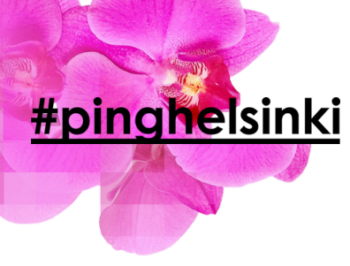

The current world is in a state of flux, and we live in an era of misinformation and fake news. The global Covid-19 pandemic dominates the news headlines, and international politics are the topic of many a coffee table conversation. The campaigning for the US presidential election is in full swing in preparation for the November election. And that is why now, maybe more than ever, it is important that influencers recognise their responsibility when it comes to spreading actual fact-based information, as well as combatting the spreading of misinformation and fake news.
Influencers, by their definition, can have a huge influence on their audiences. A study by Reuters Institute in University of Oxford found that most of the engagement with false information about coronavirus was with posts from different types of social media influencers – be that politicians, celebrities, or more ‘traditional’ type of influences.
A survey conducted by PING Helsinki in spring 2020 found that especially young people, those under the age of 24, found it important that they get reliable information regarding coronavirus from the social media influencer they follow. Furthermore, 22% of respondents under 24 years of age said that the information they got from social media influencers greatly or somewhat influenced their behaviour. Here are our 9 tips on how to communicate about coronavirus on social media.
With the US presidential election approaching, the topic of misinformation on social media is current again. The 2016 elections were criticized due to the spread of misinformation on social media platforms such as Facebook, Twitter and Instagram, which might have had a huge impact on the result of the election. Now, with the 2020 election only a few months away and campaigning becoming more intense, influencers of all scales and sizes need to recognise their responsibility with what they share to their audiences.
Finnish influencer Mikko Toiviainen shared 5 tips all social media influencers should keep in mind when talking about important topics such as health or politics.
PING Helsinki has also published an ethic code for promoting transparency and general fairness of content marketing. PING Ethics and The Handbook of a Reliable Social Media Influencer help you to navigate in the world of disinformation and fake news in a way that maintains the trust you have built with your audience.